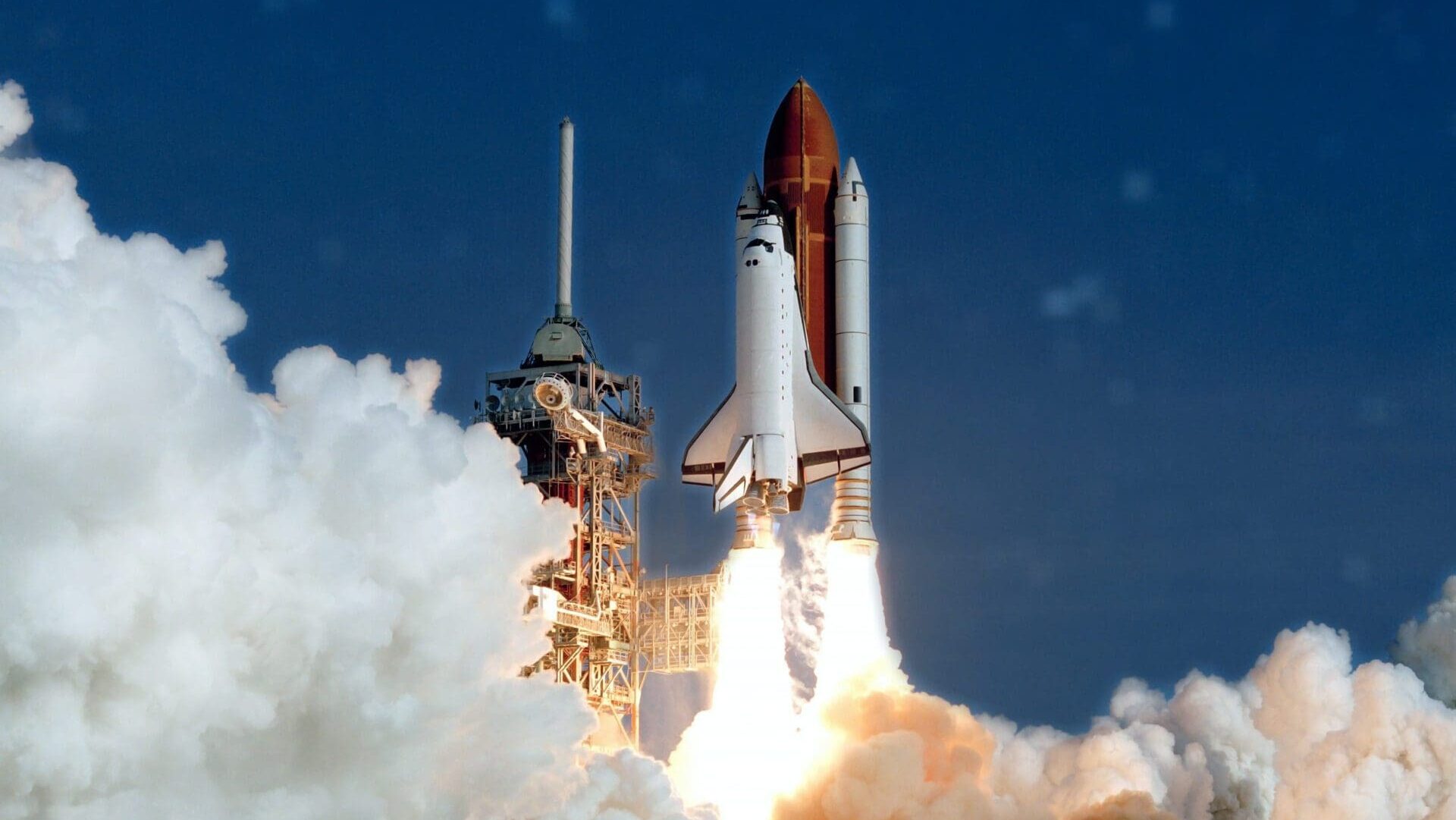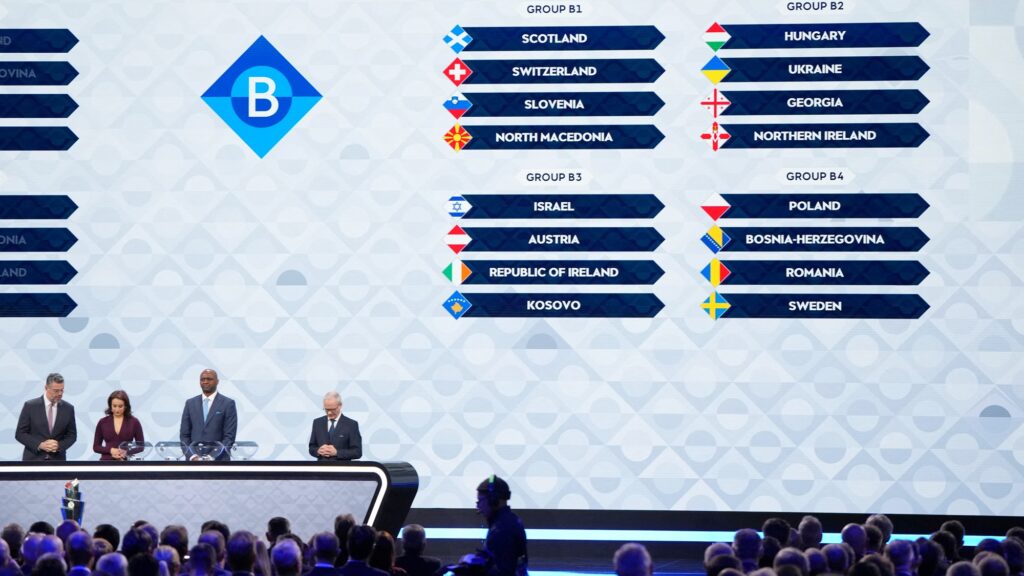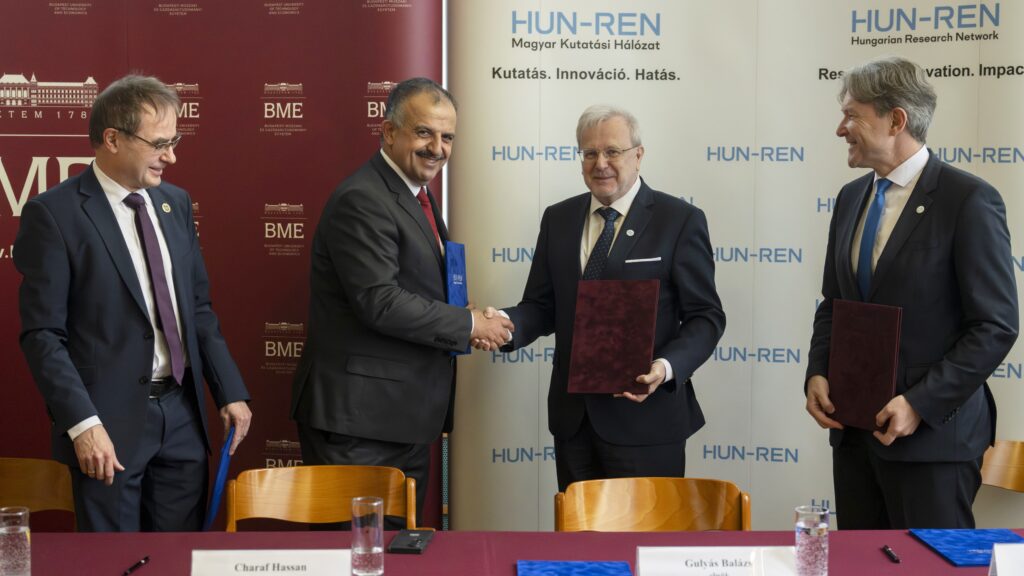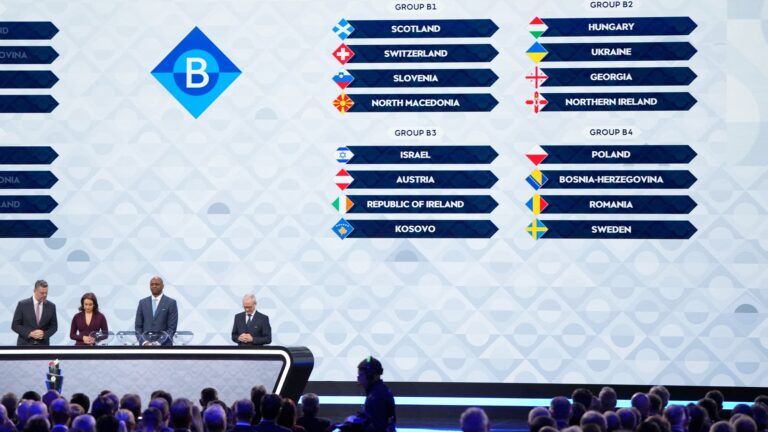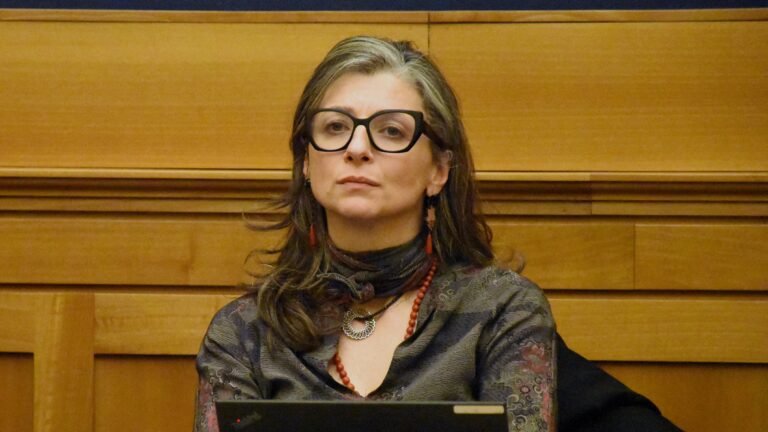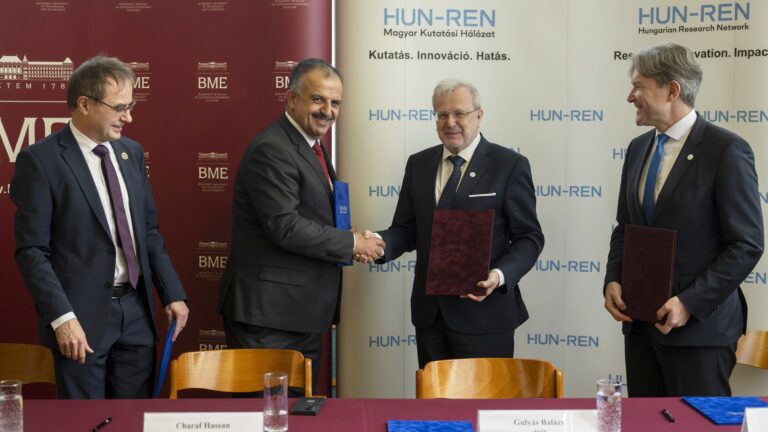Hungary’s successful re-entry into space exploration through the HUNOR programme is both a national obligation and a historic opportunity, government commissioner for space research Orsolya Ferencz said on Monday in a video message for Space Research Day, organized by the Hungarian Astronautical Society at the Hungarian Academy of Sciences.
Ferencz emphasized that in space research more than anywhere else, ‘those who stay out are left behind forever.’ She pointed to the 2021 adoption of Hungary’s national space strategy as the turning point that provided the framework and confidence for the HUNOR programme.
She recalled the landmark achievement of astronaut Tibor Kapu, who completed 25 scientific experiments on the International Space Station, restoring Hungary’s presence on the global map of space research. ‘When Kapu fulfilled his portfolio, it was not only a victory for HUNOR but a shared national achievement that touched engineers, teachers, researchers, and students alike,’ she said.
Ferencz argued that although the Ax-4 mission has ended, Hungary’s most important task is only beginning: building on the unprecedented attention to space research to inspire children to pursue science, ensuring the country’s third, fourth, and fifth astronauts emerge from the next generation. She noted that the HUNIVERZUM visitor centre in Budapest has already drawn tens of thousands of visitors, while competitions and school outreach programmes have engaged hundreds of teams and students nationwide.
‘This new mission does not rest on the shoulders of one astronaut,’ Ferencz said. ‘It involves every teacher, professor, civil organization, and company that contributes to educating youth and popularizing space research.’
In his own video message, Kapu described his time on the ISS as an uplifting experience, saying he was filled with pride to conduct Hungarian experiments 45 years after Bertalan Farkas became the first Hungarian in space. He highlighted the scientific importance of the 25 experiments he carried out, ranging from planetary science and dosimetry to vision research and navigation.
Kapu stressed that Hungary is no longer just a participant in space research but an essential contributor shaping its future.
Related articles:

